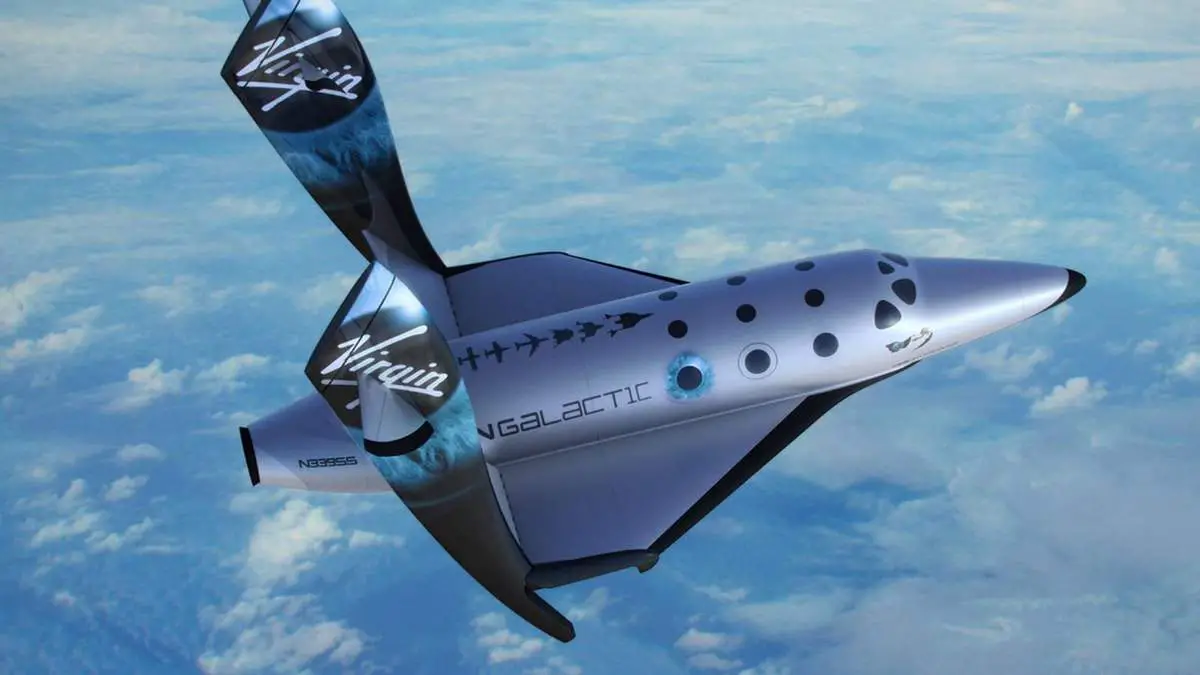In recent years, space tourism has become more prevalent, particularly with the start of the so-called billionaire space race. The innovations show how far space travel in and out of the Earth’s orbit has come in terms of technology. However, such an accomplishment ignores the effects that black carbon particles released during rocket launches and re-entry into our atmosphere have on the ecosystem and the climate.
Researchers from the Massachusetts Institute of Technology (MIT) and the University of Cambridge (UCL) in the UK and the United States undertook a brand-new investigation. The study team discovered that these emissions exacerbate global warming and speed climate change, contributing to the problem’s escalation. According to reports, gas particles from space rockets are less to blame than greenhouse gases.
Scientists have however cautioned that it may eventually result in the stratospheric ozone layer being lost in the Arctic northern area, especially during the spring. For many years, experts have warned about the disastrous effects of human-caused climate change, such as the increase of the world’s sea level, harsh weather, and increasing temperatures. According to the new research, its conclusions and recommendations may have an effect on not just the space tourism sector but also other operations pertaining to more general space exploration and space travel.
Space tourism mitigation was identified as an important issue that needs to be addressed by UCL and MIT scientists in new research that was published in the journal Earth’s Future on June 9. This follows the discovery by the research team that black carbon particles from rockets are over 500 times more effective and capable of trapping heat in the atmosphere.
According to the research, the capacity of rocket gas to retain heat pales in comparison to that of all other sources of soot particles, such as surface and aviation gas emissions. The research team used a 3D model to investigate the effects of rocket launches and re-entry in 2019. Additionally, it anticipated the effects of the billionaire space race.
The struggle amongst the wealthiest businesspeople in the world who have expanded their unique enterprises from other industries into the space sector gave rise to the term “billionaire space race.” The race includes the chance for space travel outside of Earth’s orbit, where certain space excursions have also been made accessible to the general public, given by the competitors and their private enterprises.
According to a CNN article from 2021, the top contenders in the cosmic struggle are Virgin Group founder Richard Branson, SpaceX and Tesla CEO Elon Musk, and Amazon founder Jeff Bezos. Together, they have a combined net worth of $400 billion, which is roughly equal to Ireland’s gross domestic product (GDP).
The US media source mentions the preference of space enthusiasts who often consider SpaceX to be the front-runner. While other commercial organizations have the potential to contribute, Elon’s space enterprise has already established a satellite internet network dubbed the Starlink project in addition to developing space rockets. According to Space.com, the corporation plans to launch 42,000 satellites overall as part of the so-called mega constellation. Even the most distant areas of the world are to have access to cheap internet as a result of the initiative.
Source: NatureWorldNews

